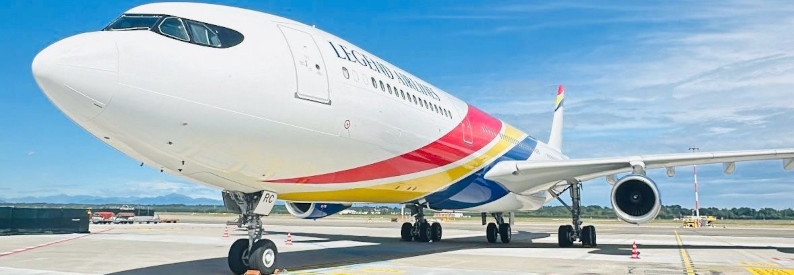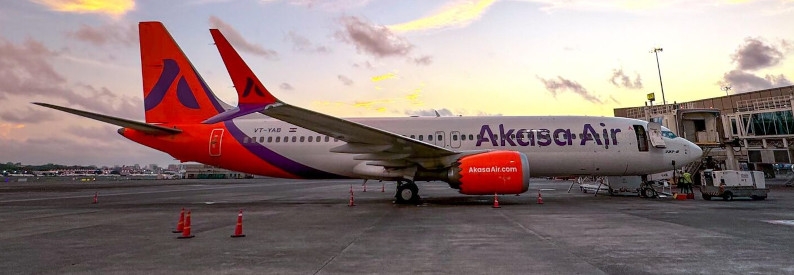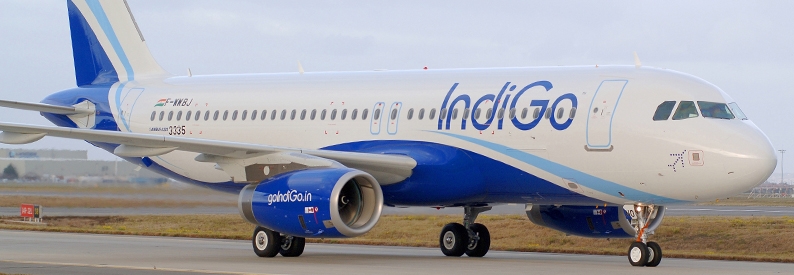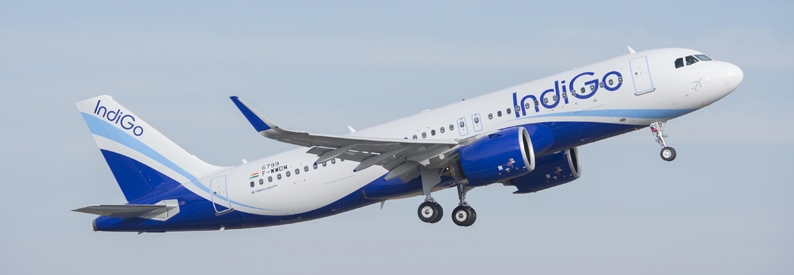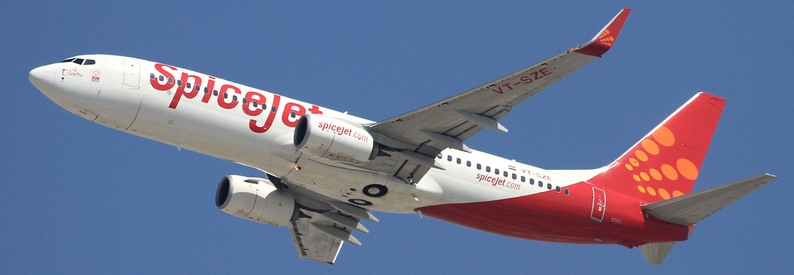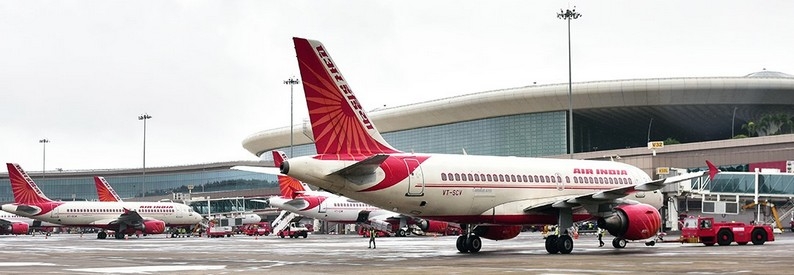Management at SpiceJet (SG, Delhi International) told analysts last week they have three focus areas for growth, including building the cargo business, expanding the network into additional non-tier one Indian cities, and growing the amount of international flying using strategic partnerships and codeshare agreements.
Per an Economic Times report, following the recent hiving off of its cargo business, SpiceXpress, management say they are now targeting a significant scale-up of cargo aircraft to 28 to 32 planes over the next three to four years. The airline has signed letters of intent for ten cargo aircraft with deliveries in the next 16 to 18 months. Presently, SpiceXpress operates just three B737-700(BDSF)s.
A second focus area is expanding SpiceJet's presence in tier two, three, and four cities, a traditional SpiceJet strength that allows the airline to tap into India's state-subsidised Regional Connectivity Scheme (UDAN). Management says many smaller ports offer the airline above-average revenues and seat loads. SpiceJet also aims to start growing its international network by the end of fiscal 2024. Currently, international flying makes up around 20% of SpiceJet's total capacity. They aim to increase this to 40% using codeshares and strategic agreements. The ch-aviation Commercial Aviation News, Operator & Airport Data module indicates SpiceJet flies to five countries outside India, with scheduled services to Dubai International, Jeddah International, Milan Bergamo, Tbilisi, Bangkok Suvarnabhumi, Riyadh, and Kutaisi.
SpiceJet's management says 25 aircraft remain grounded due to "working capital and supply chain challenges." However, they said recently raised loans will be used as working capital and to unground the planes. SpiceJet aims to get all its aircraft back in the air over the next six to 12 months and intends to start growing the fleet again, drawing down on its large B737 MAX order.
Meanwhile, SpiceJet has once again warded off Credit Suisse, which hauled the airline before India's Supreme Court on April 21 over a USD4.9 million dollar unpaid engine maintenance and repair bill. SpiceJet reportedly told the court that it would pay the April instalment that day and the May payment when due.
The engine maintenance and repair agreement dates back to 2011 and was the subject of previous court action alleging non-payment. In late 2021, Credit Suisse was behind a winding up order issued against SpiceJet after the airline allegedly failed to pay USD24.01 million to the Swiss MRO firm SR Technics. In May 2022, following talks, SpiceJet agreed to pay the debts in instalments in exchange for Credit Suisse dropping the legal action. Last week, Credit Suisse said SpiceJet was behind on those instalments.
"SpiceJet has made the applicable April payment as per the schedule and has submitted to the Supreme Court that payment for May shall also be as per schedule," reads a statement from the airline issued late last week. "The payment of settlement amount was subject to Reserve Bank of India approval, and hence the Company could not start the payment as per applicable schedule under the consent terms."
- Type
- Base
- Aircraft
- Destinations
- Routes
- Daily Flights

